| Content | The ideas presented here are based on common sources among the Muslims and unless otherwise mentioned, they represent Muslim faith in its most general form and are thought to be accepted by all. The first chapter studies the sources of Islamic thought, i.e. the Qur'an, the Sunnah and reason.
The second chapter studies fundamental doctrines of Islam, i.e. unity of God, prophethood and resurrection, which constitute the principles of religion for Islam and other divine religions, and also a discussion about some of the doctrinal differences among Muslims on issues such as imamate.
The third chapter is a very brief account of practices along with brief references to the objectives and principles underlying them.
The fourth chapter studies some aspects of Islamic moral system and ends with reference to some of the outcomes of living a life of faith along with significance of supplication.
The fifth and final chapter is a short discussion about the Muslim world today, a brief account of the latest statistics about the present Muslim population of the world and goes on with a brief study of holy cities for Muslims.
HEAVILY SUBSIDIZED BY WWW.ISLAMICTHOUGHT.CO.UK | This text explains in detail the meaning of Worship and Intention, as well as how different stages of worship are acquired. He then goes on to explain the different actions of Prayer in detail, such as the first Takbir, & the recitation of the Suras
Heavily subsidized by www.islamicthought.co.uk | This book, which is written by a well known scholar, a graduate of the Sorbonne, who switched from one Muslim school of thought to another, attempts to prove that the Muslims who truly follow the authentic Sunnah of the Prophet of Islam are actually none other than those referred to as the Shi as. It details how these Shi as (or Shi ites) learn this Sunnah from the closest people to the Prophet of Islam: his immediate family members. It traces the history of the Muslims of the first Islamic century and how they split into two camps, thus setting the foundations for both of these major sects. It also deals with the persecution to which the immediate family members of the Prophet of Islam were subjected and the politicians who played a major role in widening the gap between the followers of this sect and those of that. As for its style, the author restricts himself to quoting major authentic Sunni works to prove his point, relying on an in-depth study of the Islamic history in general and of that of the first century in particular. Many controversial themes are discussed in this book, including that of the infallibility of the Prophet of Islam and of the Twelve Imams who descended from Ali and Fatima, cousin and daughter of the Prophet respectively. Finally, the book concludes with an Appendix containing an Arabic poem in one thousand lines in praise of Commander of the Faithful Ali composed by an Iraqi poet for the Arabic speaking readers.
Heavily subsidized by www.wabil.com | Al-Ṣaḥīfa al-Sajjādiyya (Arabic: ٱلصَّحِيفَة ٱلسَّجَّادِيَّة, lit. 'The Scripture of al-Sajjad')[a] is a book of supplications attributed to Ali ibn Husayn Zayn al-Abidin (c. 659–713), the great-grandson of the Islamic prophet Muhammad, the fourth Twelver Shi'a Imam and the third Ismaili Shi'a Imam. A seminal work in early Islamic spirituality, the book is considered to be the oldest prayer manual in Islamic sources. Shia tradition regards the book with great respect, ranking it behind the Quran and Ali's Nahj al-Balagha. Fifty-four supplications form the main body of Al-Sahifa, which often also includes an addenda of fourteen supplications and fifteen munajats (lit. 'whispered prayers'). Al-Sahifa is often regarded as authentic by the specialists in the science of hadith. Chittick describes the book as "one of the deepest veins of Islamic spirituality," while Husain Mohammad Jafri posits that the supplications in Al-Sahifa embody the answers to many of the spiritual questions faced by the man of our age.
HEAVILY SUBSIDIZED BY WWW.ISLAMICTHOUGHT.CO.UK | This book by Ayatullah Baqir Al Hakim Book 2 of 7. Covering many aspects of life. Ayatulluh Baqir al Hakim is son of Grand Ayatullah Mohsin Al Hakim and also the the first leader after Saddam. He was killed in in Najaf Al Ashraf, joining rest of Shaheeds from his family of 72. Topics covered 1 Creed 2 Ethical aspect 3 Cultural aspect 4 Seeking knowledge 5 Variety in Education 6 Scietific- Hawzah 7 Grief and weeping 8 The tragedy of Karbala 9 Imam Mahdi (as) | Topics covered from Nahjul Balagha. 1 Self purification 2 Quran 3 Phenomenon& Noumenon 4 Spirituality 5 Perfect human 6 Natural sciences 7 Remedy for India 8 Humanity 9 Model of education 10 Humanist text
HEAVILY SUBSIDIZED BY WWW.ISLAMICTHOUGHT.CO.UK |


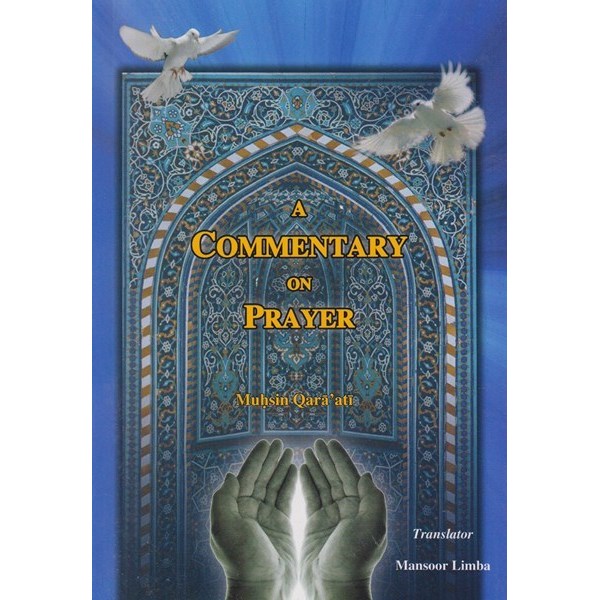


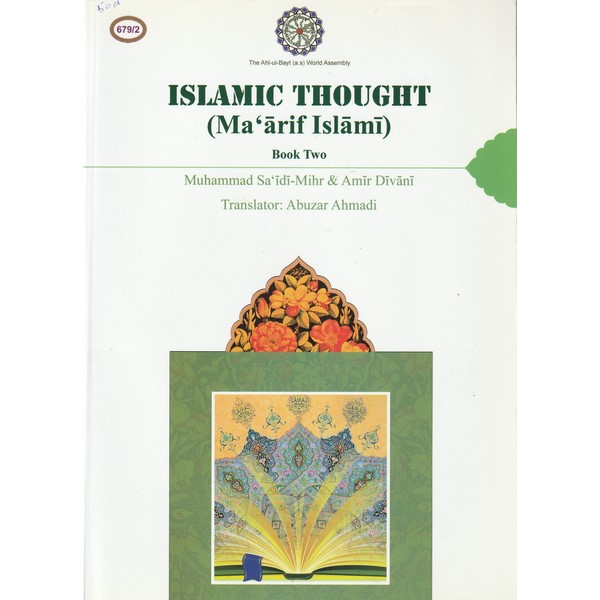
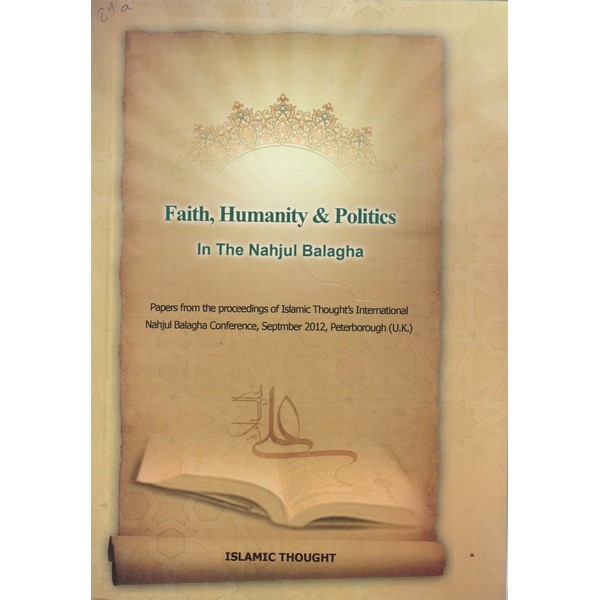
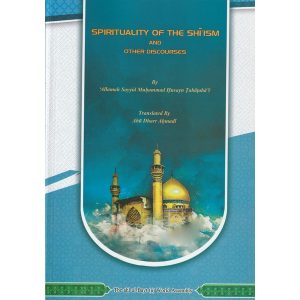

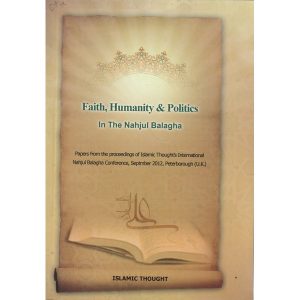


Reviews
There are no reviews yet.